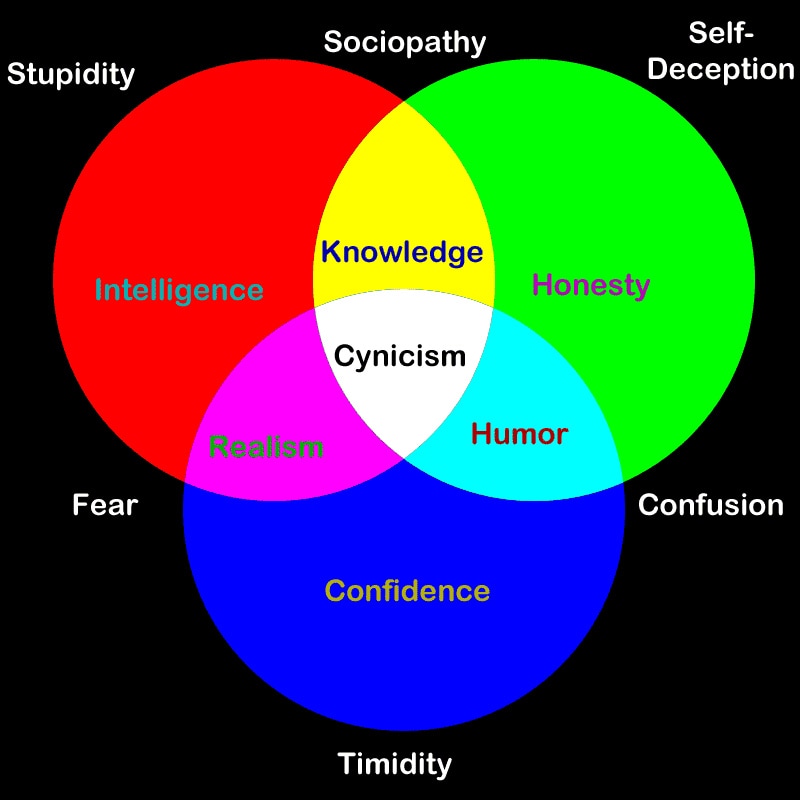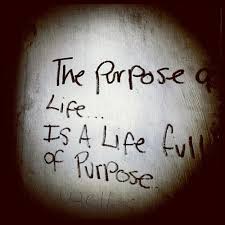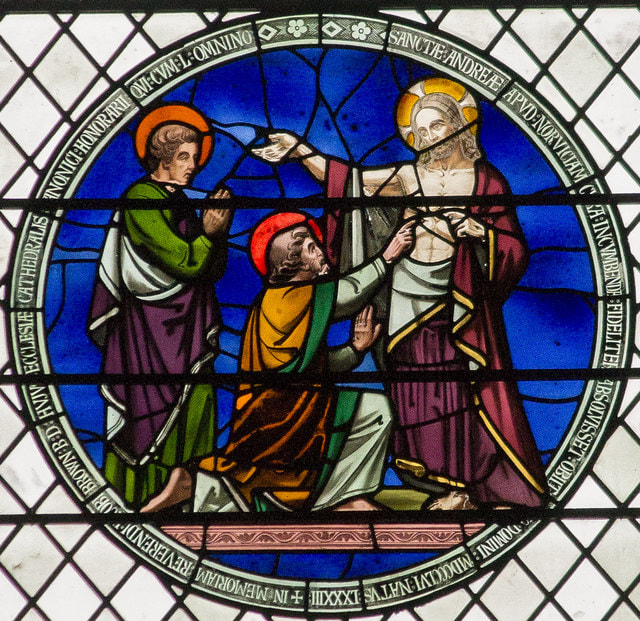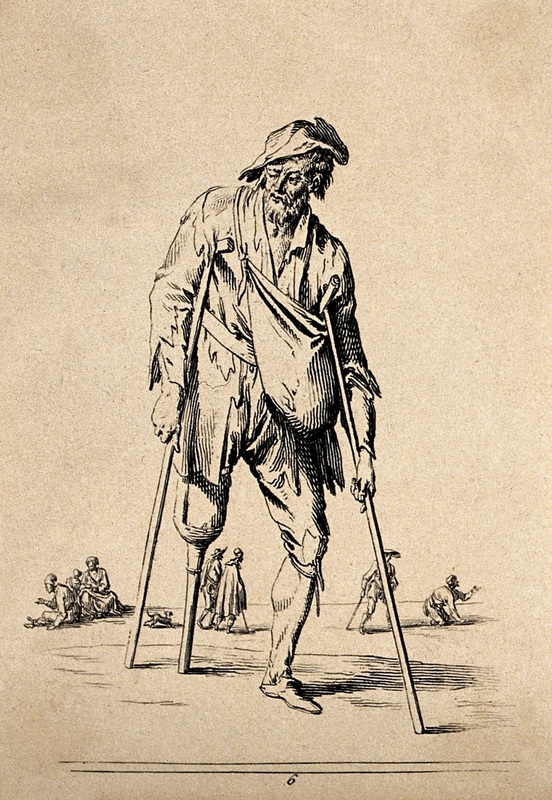Perhaps Sagan's most famous observation was that we humans are essentially stardust. Sagan said, “The cosmos is within us. We are made of star-stuff. We are a way for the universe to know itself.” How beautiful is this observation? To imagine that this bright, powerful object we rely on every day of our lives, the sun, is actually the very type of being from which every molecule in our body has been sourced - it's absolutely mind-blowing and beautiful. We are all made of star-stuff. Every human you have ever met was once a piece of a burning, shining star.
|
Created with Microsoft Bing Image Creator AI One of the most famous scientists in the last century was astronomer Carl Sagan. While Sagan was a brilliant scientist in his own right, a large part of his popularity comes from his profound ability to disseminate scientific thinking and scientific concepts to the non-scientific masses. His willingness to step down out of his ivory tower and tend to the well-being of the general population has made him a staple resource in many lives outside of the scientific community. Sagan's condescension to the lay people may have a variety of explanations, but I personally think that one of the biggest reasons Sagan cared for the masses was because he was more than a scientist. He was an artist. A poet, to be more precise. Sagan could see beauty in the universe and in the story of humanity. His fascination and love for science and for beauty allowed him to communicate convincingly large scientific concepts to the general population.
Perhaps Sagan's most famous observation was that we humans are essentially stardust. Sagan said, “The cosmos is within us. We are made of star-stuff. We are a way for the universe to know itself.” How beautiful is this observation? To imagine that this bright, powerful object we rely on every day of our lives, the sun, is actually the very type of being from which every molecule in our body has been sourced - it's absolutely mind-blowing and beautiful. We are all made of star-stuff. Every human you have ever met was once a piece of a burning, shining star.
0 Comments
Click here for an audio/podcast version of this article. CONVERSION AND TRUTH
Everyone's an evangelist whether they know it or not. You may not be an evangelist for some large, organized religion or cult, but I guarantee you’re an evangelist for some belief. You are likely affronted by my calling you an evangelist because the term has taken on some very negative connotations in our age. The fervor, pushiness, judgmental nature, and self-righteousness of many evangelists likely fuels our aversion to the term - and rightfully so. Nobody wants to be evangelized because nobody wants to be objectified, and objectification is exactly what many evangelists do to potential converts. The evangelist's subject (or victim) is often merely seen as malleable gray matter - a fertile host into which the evangelist (or parasite) can inseminate their ideas. As an evangelist for Christianity, I take exception to these negative connotations of evangelism, though I certainly understand and agree with their application most of the time. Such an acknowledgement of evangelism’s misuse is a sober warning to me that even in my noblest of desires, my self-centeredness may be the overwhelming motivation with which I lead. But potential egoism isn’t the only way in which I might err. When evangelism fails to be a good thing, its failure must be seen as in one of two areas: the objectification of another (which simultaneously entails the self-centeredness of the evangelist) and/or the untruth of the message - the "good news" being preached. Cynicism has always been very alluring to me. There’s something about having low expectations that feels good. For one thing, a hardcore cynic doesn’t mind being proven wrong. Who would have a problem with a situation turning out better than expected? It is also helpful that when you have low standards, you find that the standards are frequently exceeded. Now I must emphasize here that I am not advocating for extreme cynicism. For its one positive aspect there are a multitude of burdens that cynicism creates. It is unappealing to people, fosters a lack of motivation towards progress, complains constantly, quells hope, etc. But for all of its faults, I am finding my cynicism to be a wonderful inoculation to one of the greatest threats our society currently faces – unfounded optimism.
The issue of purpose couldn't be more important than it is today. As much of the Western World shifts away from religion and towards atheism (particularly materialism), they are left with a gaping hole in their lives. Without moral commands or the divine direction that once guided individuals and nations, many irreligious are left searching for that which can infuse their lives with purpose. Most end up landing on some system of self-purpose because it's easy, convenient, and unobtrusive. This system of self-purposing generally means that each individual must figure out or fashion their own purpose in life. Once a purpose is identified, then life can meaningfully be lived.
While self-purposing sounds fantastic (who wouldn't want to just follow their own desires?), there's one problem for materialists. Self-purposing is incoherent on their system. It can't be done. It's absolutely unintelligible. To discover why materialism cannot provide purpose - and especially self-purpose - I'll explore deeper the concept of purpose. John Lennon, singer and song writer for the Beatles, was one of the most popular musicians of all time. But Lennon didn't just write music. He was a lyricist who incorporated his philosophy into his music. On the topic before us today, love, one of Lennon's more popular songs entitled "All You Need Is Love" declared just that. All we need is love. Lennon wrote another very popular song entitled "Imagine," which was a vision of how we could build a world saturated with the love Lennon thought we needed. Lennon says, "Imagine there's no heaven. It's easy if you try. No Hell Below us. Above us, only sky... You may say that I'm a dreamer, but I'm not the only one. I hope some day you'll join us. And the world will live as one." In Lennon's mind, religion was an impediment to love, not a conduit. If we could just get rid of religion - if we could just get rid of the division religion causes, then the world could finally be free to love.
Unfortunately, Lennon was a far better musician than he was a philosopher. But despite his poor philosophy, his beliefs have been peddled to hundreds of millions of listeners throughout the decades, and his beliefs have unfortunately gained popularity. Like Lennon, many today believe that love would be in a much better condition if we could just rid it of the burden of religion. However, I am here to tell you that without religion - specifically without a religion like Christianity which has a relational God at its center - love is dead. Catalina and I have a somewhat unconventional way of handling property issues with our children. We developed it after reading a parenting book which highlighted our often pharasaical approach to parenting. Whenever a property dispute used to arise between our children, our immediate question had always been, "Who had it first?" But this didn't teach our children anything except that power and dominance came by a speedy and selfish appropriation of property. While we had a clear method for resolving the issue, our parenting did not at all address the idolatry of control, selfishness, a lack of consideration of others, and other issues of the heart. After realizing this pitfall, reading articles and books, and talking with those who were much wiser than we were, we decided to institute "Toy Jail."
Daddy, I'm scared to go to the beach. What if there is lightning again? I assured Elin that she could trust me and that I wouldn't purposefully take us into danger. As we continued our preparations to walk down to the beach, she didn't seem too reassured. She had honed in on the danger of lightning. But daddy, if there was lightning, you would protect me, right? While her faith in me was endearing, I had to break the news to her that I couldn't protect her from lightning if it struck. In fact, if I held her hand like she wanted, that would only allow the lightning to strike us both. I just wasn't powerful enough to stop lightning. Elin thought for a minute, then asked another question. She didn't ask it in a genuinely inquiring way. She already knew the answer to her question - but the answer she was coming up with didn't comport with what she had been taught. wouldn't God protect me? How will you be remembered after you die? Like most, I'm sure you won't be remembered by many people - and the few who do remember you probably won't dwell on your life for very long. Everyone eventually forgets you, or those who do remember you eventually die themselves. Unless you've made it into the history books, you have - at best - about 100 years of legacy. But, there are a few of us whose legacies will outlive our immediate descendants and carry our life stories for decades or centuries to come. Such is the case of the biblical characters Thomas and Martha.
|
*The views and ideas on this site are in no way affiliated with any organization, business, or individuals we are a part of or work with. They're also not theological certainties. They're simply thinking out loud, on issues and difficulties as I process things.
Categories
All
|













 RSS Feed
RSS Feed